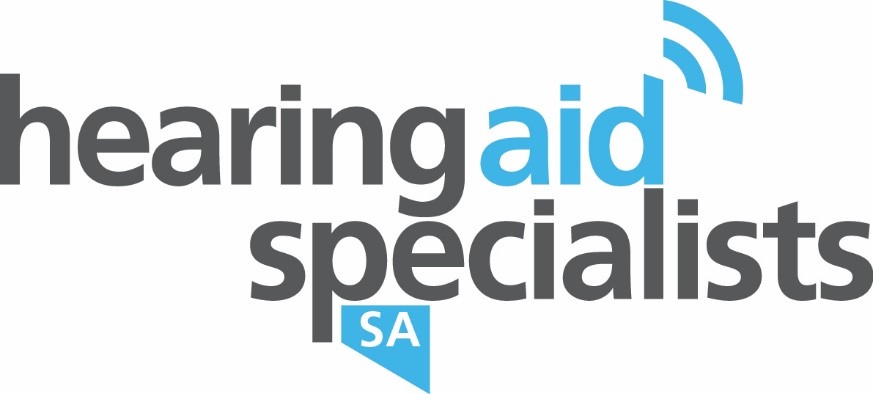FAQs
Find answers to your questionsI need to have a hearing test, how much will this cost me?
Hearing Aid Specialists SA offer free, no-obligation hearing tests to all Australian Pension Card holders, Vetren’s Affers and private clients. (conditions apply)
Will I get my hearing aid on the day of my assessment?
No. Hearing aids are not available off-the-shelf. They need to be ordered in specifically for you and you will need an appointment approximately two weeks after your test for the hearing aids to be programmed to a prescription based your hearing impairment. You will also be required to attend at least one follow up appointment, one to two weeks after your fitting appointment, to ensure that you are happy with your hearing aid settings. If additional fine tuning is required at your follow up, further appointments may be necessary.
How much do hearing aids cost?
How much you spend on a hearing aid depends on a number of factors including the extent of your hearing impairment and what effect your hearing impairment has had on your speech understanding ability, your cognitive capacity, your eyesight and dexterity, how socially and physically active your lifestyle is and how much you can afford to spend factoring in the life of a hearing aid is between 4 and 6 years.
How do hearing aids work?
Why have 2 hearing aids?
I live by myself, why do I need hearing aids when I’m by myself?
- To keep the nerves connecting your ears to your brain active so that you can continue to make sense of the sounds you do hear.
- Safety – awareness of sounds around you and being able to hear alarms ringing
- Being able to hear when someone is at the door and when the telephone rings.
- So as not to disturb your neighbours with your TV or radio.
How long will my hearing aids last?
How do I know how to clean my hearing aid?
What does a hearing aid look like?
Will a hearing aid give me back normal hearing?
How often do I need to change my batteries?
There are now some technologies available that run on rechargeable lithium-ion batteries which never require changing but which need to be charged overnight daily. At this stage only behind the ear type devices offer this technology.
Do I need to wear my hearing aid all day?
Can I use my hearing aid on the telephone?
Most hearing aid manufacturers have technology available throughout their product range whereby you can wirelessly stream the sound of your mobile phone through an intermediary accessory into your hearing aids (i.e. your hearing aids will act like a pair of wireless headphones). There are also now technologies available where this can be achieved without an intermediary device.
